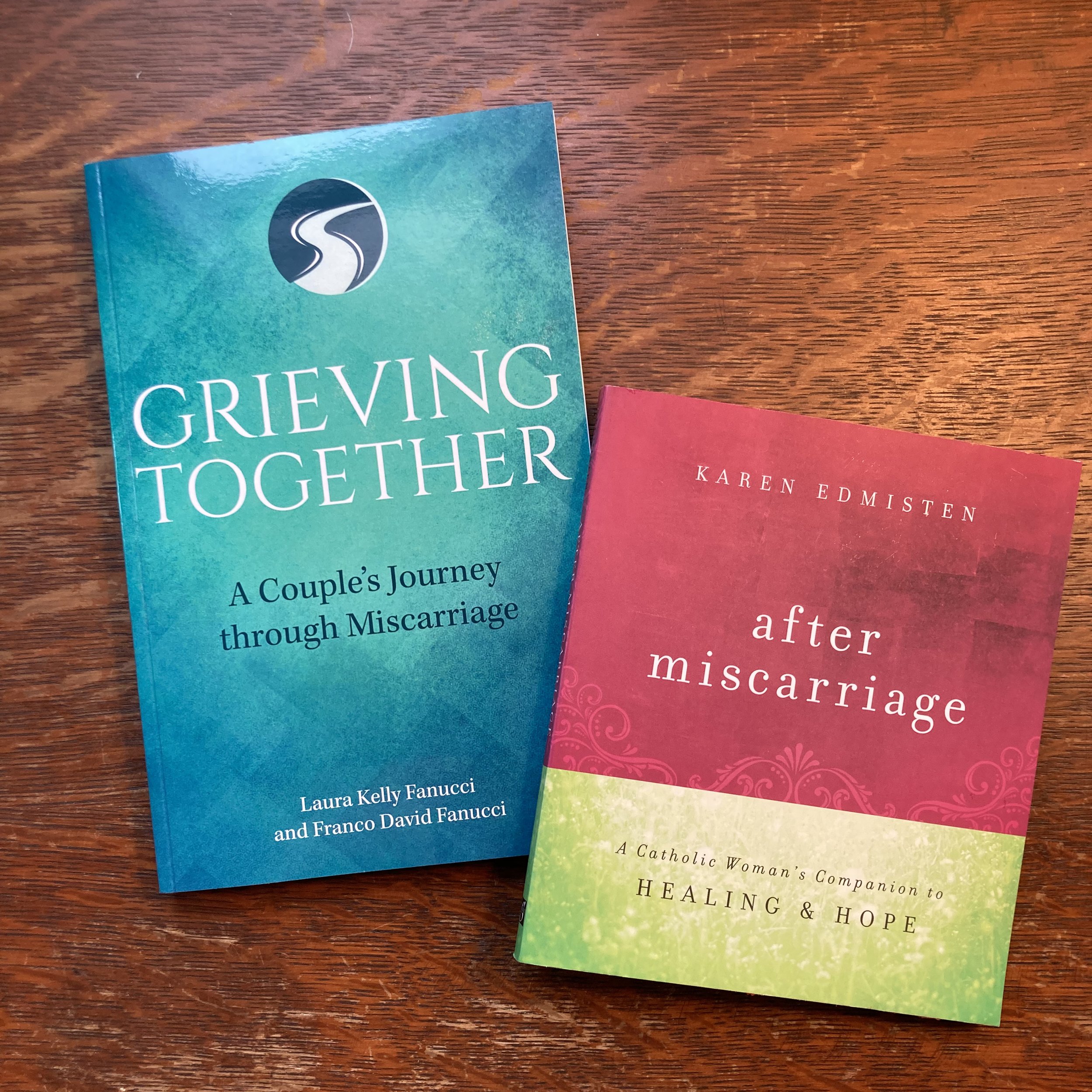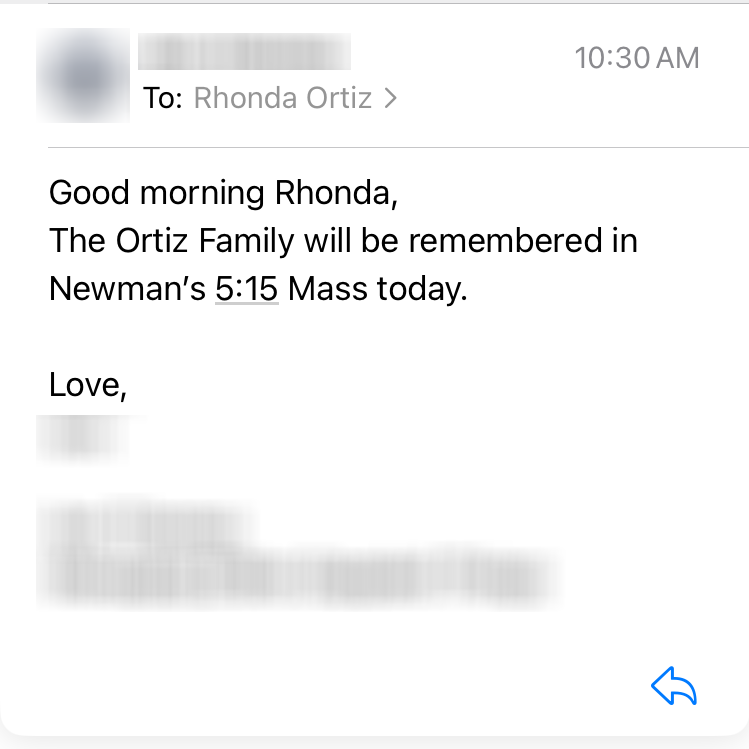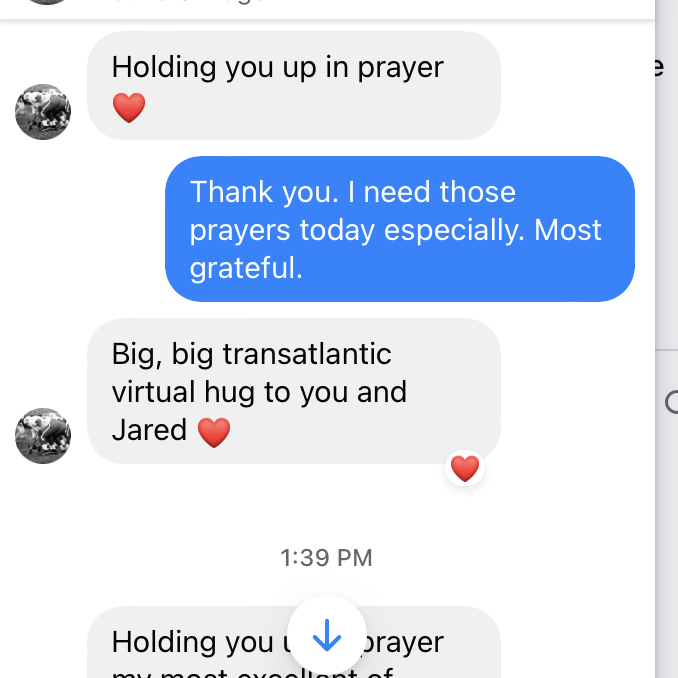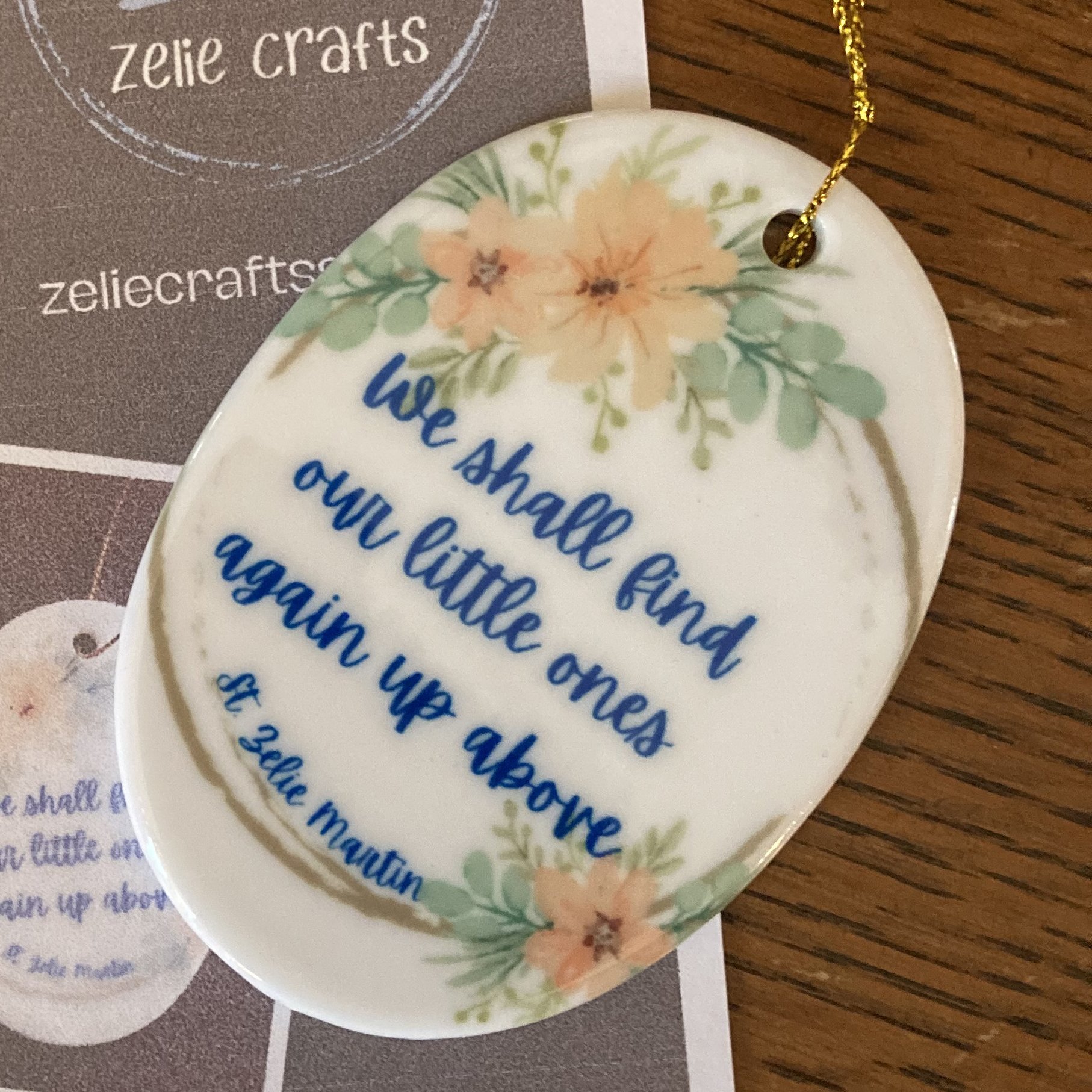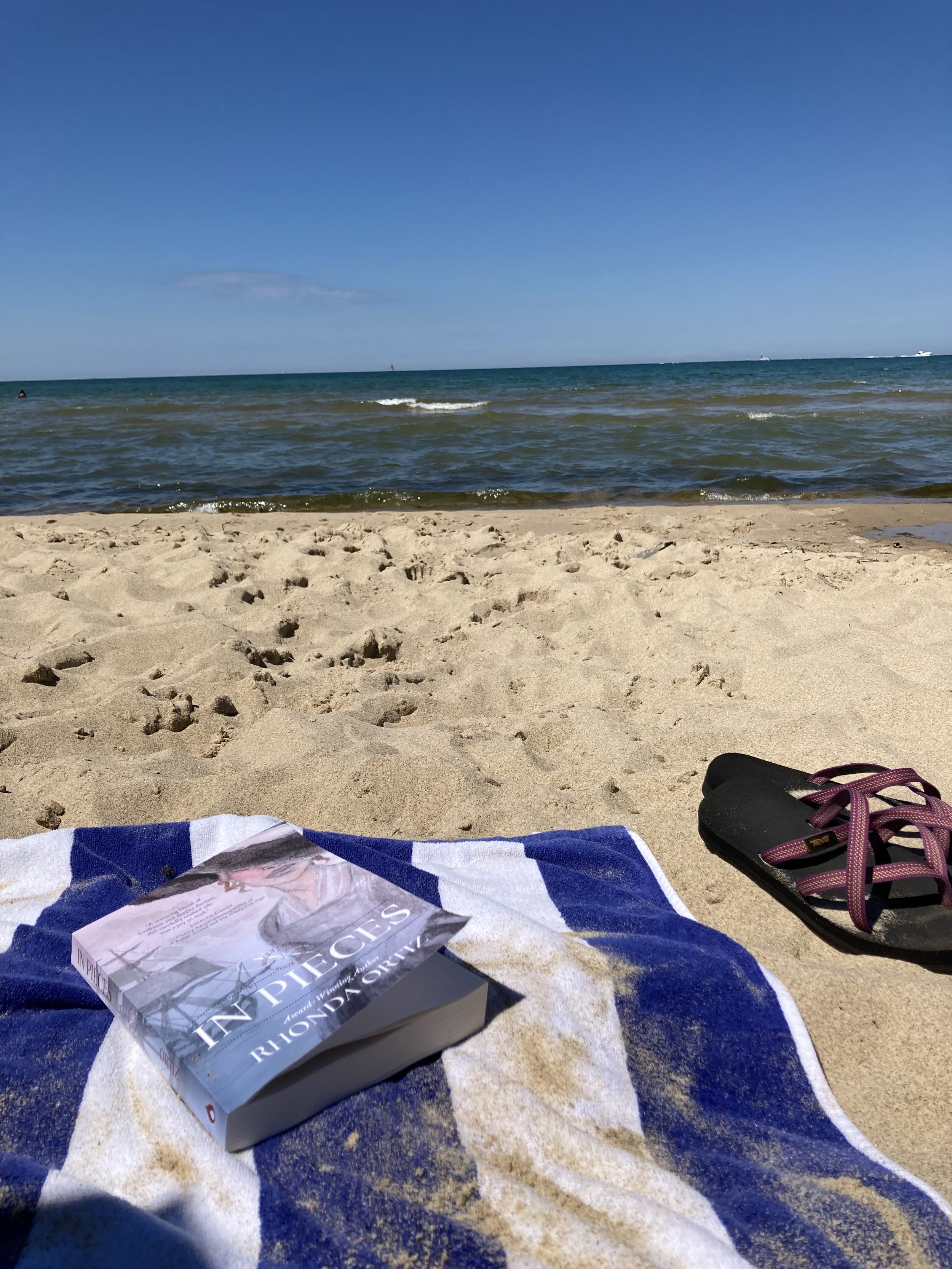“‘Oh! it is only a novel!’ replies the young lady; while she lays down her book with affected indifference, or momentary shame…” —Jane Austen, Northanger Abbey
“I don’t have time to read fiction,” a conference attendee told me, as she stood beside the Catholic Writers Guild vendor table, nonfiction books piled in her arms. “All I have time for is spiritual reading.”
A few hours later, another attendee, after looking over our fiction selection, told me the same. “I’m a professional caregiver. My job is stressful. I only have time for spiritual reading.”
Hmm.
Hmmmmm.
Hmmmmmmmmmmm.
I didn’t argue the point. We smiled, and they went on their merry way. Yet these and similar exchanges beg the question:
What counts as spiritual reading?
No doubt you can guess my answer, that fiction is formative, spiritually and humanly, and instead of setting up a dichotomy between fiction and nonfiction, we ought to take a both/and approach. Sometimes Jesus gave his listeners the straight dope. Other times, Jesus told stories. Fictional stories. Q.E.D.
If you’re convinced, might I suggest you browse the offerings at Chrism Press?
Otherwise, buckle up, because you’re in for a long treatise.
“Insipid” Fanny Price.
Fiction as Spiritual Reading: Three Stabs at an Argument
(1) Argument by Anecdote.
I discovered Jane Austen in high school, thanks to the 1995 A&E adaptation of Pride and Prejudice, which our public library had on VHS. Next, the novels themselves. I loved every single one of them.
Except Mansfield Park.
I couldn’t stand its heroine, Fanny Price.
Certainly I valued Fanny’s philosophic mind and moral certitude. She is a good person. But Fanny is mousy and humorless, and I had no patience for her.
“Austen wrote a dud,” was my sixteen-year-old assessment, as I tossed the book aside.
Years later, an older friend suggested I reread the book with the word “abuse” in mind. This radically changed my view of Fanny and helped me see her character arc more clearly, especially as I began to think seriously about family dysfunction. While I still wouldn’t say that I liked Fanny, my prejudice lessened and my sympathy increased. Same with my intellectual curiosity—the more I contemplated the story, the more questions I had. I ended up writing my college senior essay on Mansfield Park.
Spending more time with Fanny Price made me a better reader, a better student, and a better human.
Does this count as spiritual reading?
Bust of Aristotle, Trinity College Dublin.
(2) Argument from Authority
Aristotle may have a partial answer. From the Poetics:
Two causes, and natural ones too, seem generally responsible for the rise of the art of poetry: (1) the natural desire to imitate, which is present from childhood and differentiates man as the most imitative of all living creatures as well as enables him to gain his earliest knowledge through imitation, and (2) universal enjoyment in imitations.
That is, we learn by acting things out. What’s more, we enjoy it.
We find an indication of this in experience: for we view with pleasure reproductions of objects which in real life it pains us to look upon—likenesses of very loathsome animals or dead bodies, for instance. This is especially true if the reproductions are executed with unusual accuracy.
Awful stuff happens in stories. And we love it. (Conversely: No conflict? No good and evil? No story. 😴)
The reason for this is that learning is the most pleasant of all experiences…
We love watching our heroes get put through the wringer because we’re learning. These imitations of life teach us about real life.
…not only for philosophers but for the rest of mankind as well, although mankind has but a small share in this experience.
A good story is universally accessible—in which case, no wonder Christ told stories. A fancy degree may help one speak intelligently about stories, but it is not required.
In fact, mankind’s pleasure in beholding likenesses of objects is due to this: as they contemplate reproductions of objects they find themselves gaining knowledge as they try to reason out what each thing is; for instance, that this man is such and such a person. (Aristotle, Poetics, trans. Preston H. Epps, pp. 5-6 / 1448b.)
Stories make us think. Stories lead to knowledge. Stories help us contemplate human nature.
Does this count as spiritual reading?
Fra Angelico, The Sermon on the Mount
(3) The Incarnational Argument
Let’s return to Jesus’s storytelling and attempt some armchair theology.
God took on human flesh and became a man in all things but sin. In this, we have the divine exchange, that “we come to share in the divinity of Christ who humbled himself to share in our humanity.”
Everything Christ does in his Incarnation has eternal significance. That he experiences humanity in its fullness has significance. That he experienced emotion has significance. Christ hallowed tears. He hallowed laughter. He hallowed pain and suffering. By his teaching and his presence at the wedding at Cana, he hallowed human love, raising marriage to a sacrament.
And he hallowed storytelling—a natural human activity, which we all do and have done since we were children, as Aristotle points out. Christ is not only a storyteller, but he’s the Master Storyteller. He not only tells the divine story, but he is the divine story.
All other stories are echoes of this, participating in his story to greater and lesser degrees. And because human stories participate in Christ’s, they carry some of that same power.
Good stories aid contemplation. Good stories form the mind and heart. Good stories train the emotions through empathy and catharsis. Good stories depict the complexities of the moral life. Good stories invite us inside the minds of others, fostering love of neighbor. Good stories help us to laugh at ourselves. Good stories expand our horizons. Good stories acknowledge the reality of Redemption—if not overly, then in their bones.
Does this count as spiritual reading?
I think it does.







